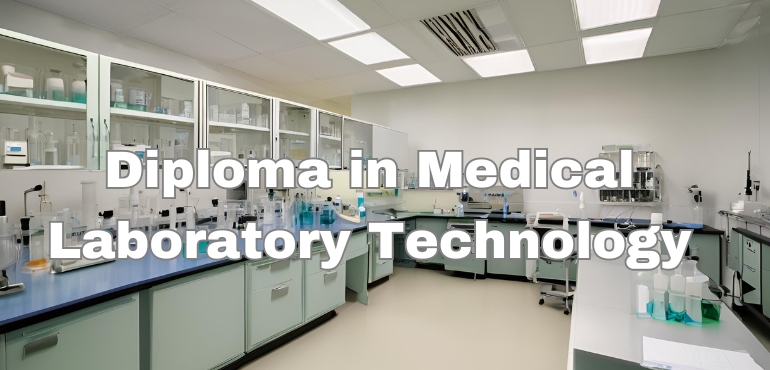
The Diploma in Medical Laboratory Technology (DMLT) equips students with the knowledge and skills to perform diagnostic tests and laboratory procedures in medical laboratories. This program emphasizes microbiology, hematology, clinical pathology, and biochemistry, preparing graduates for roles in hospitals, diagnostic centers, and research facilities. DMLT graduates play a vital role in assisting doctors with accurate diagnosis and treatment planning.
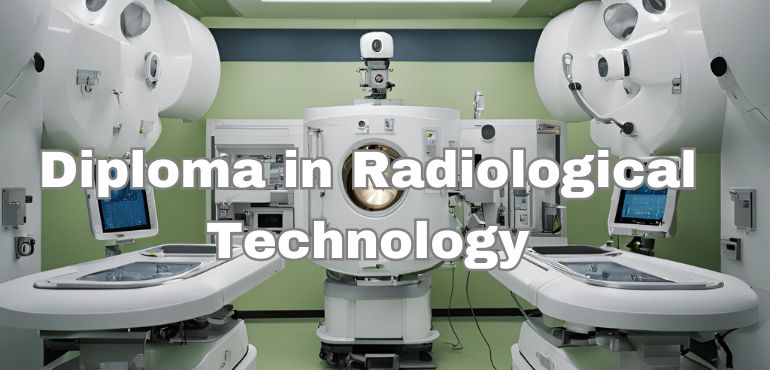
The Diploma in Radiological Technology (DRT) trains students in the principles and techniques of medical imaging, including X-rays, CT scans, and MRI. This course covers anatomy, imaging equipment, and radiation safety, preparing students for careers in diagnostic imaging departments and radiology centers. Graduates are crucial in providing accurate imaging services for effective medical diagnosis and treatment.
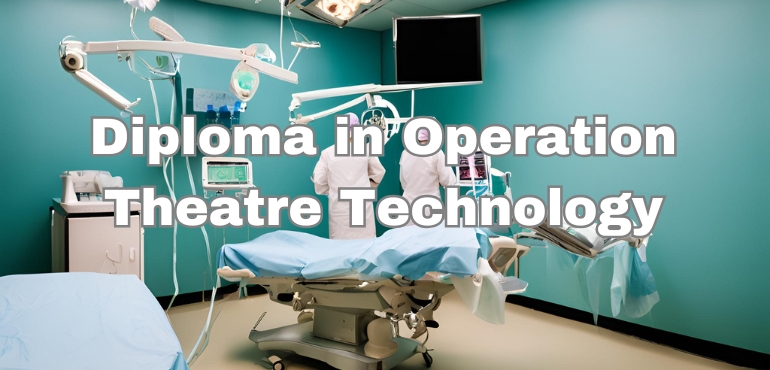
The Diploma in Operation Theatre Technology (DOTT) prepares students to assist in surgical procedures by managing operation theatre equipment and ensuring aseptic conditions. Students gain expertise in surgical instrumentation, patient preparation, and post-operative care. DOTT professionals are indispensable members of surgical teams in hospitals and specialty clinics.
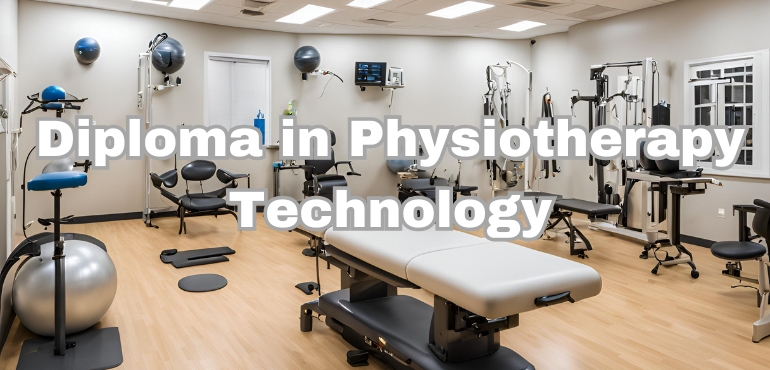
The Diploma in Physiotherapy Technology (DPT) focuses on rehabilitative care, teaching students techniques to treat physical disabilities and improve mobility through exercises, therapies, and rehabilitation programs. This course prepares graduates for roles in hospitals, physiotherapy clinics, and fitness centers, making a significant impact on patients’ recovery journeys.

The Diploma in Medical Laboratory Technology (DMLT) equips students with the knowledge and skills to perform diagnostic tests and laboratory procedures in medical laboratories. This program emphasizes microbiology, hematology, clinical pathology, and biochemistry, preparing graduates for roles in hospitals, diagnostic centers, and research facilities. DMLT graduates play a vital role in assisting doctors with accurate diagnosis and treatment planning.
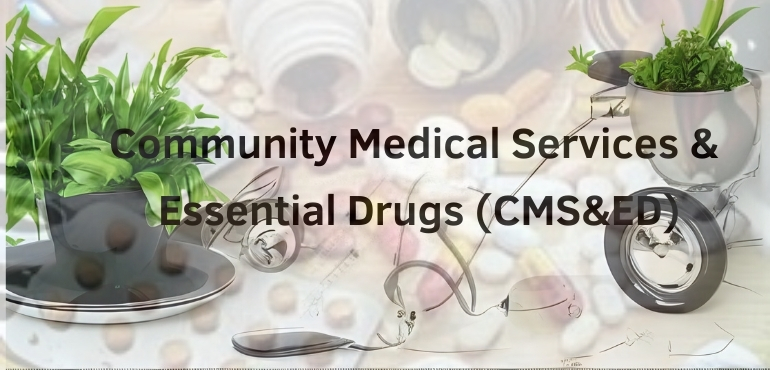
The CMS ED program equips students with the skills to deliver primary healthcare services in rural and underserved areas. This course covers basic medical care, essential drug use, and community health practices, enabling graduates to support healthcare systems and address the healthcare needs of communities effectively.

The Certificate in Community Health (CCH) is a short-term course designed to train students in basic healthcare delivery and health promotion. Students learn about preventive healthcare, first aid, and community health management, enabling them to support healthcare initiatives and improve public health outcomes in their communities.